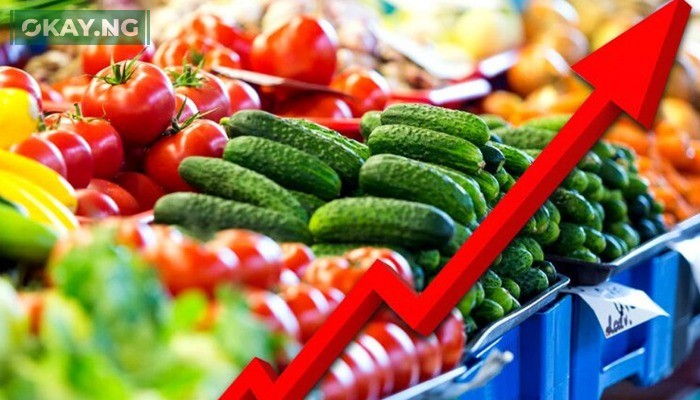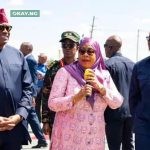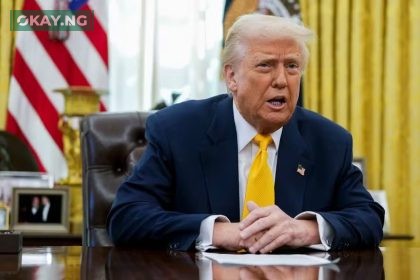In a decisive move to tackle rising food inflation and improve food security, the 36 state governors of Nigeria have pledged close cooperation with the Federal Government. Their joint efforts will focus on harmonizing levies, dismantling illegal checkpoints, and facilitating the smooth movement of goods across state borders.
Hope Uzodimma, Governor of Imo State and Chairman of the All Progressives Congress Governors Forum, revealed that both the Progressive Governors Forum and the Nigeria Governors’ Forum have agreed on the urgent need to implement a state-level security system to complement federal security initiatives.
Despite a technical decline in year-on-year food inflation to 21.14% in May 2025 from 40.66% in May 2024, monthly inflation edged up slightly to 2.19%, signaling persistent price pressures on food items. Many states, including major food producers, continue to experience sharp increases in food prices, underscoring a troubling disconnect between local production and affordability.
The National Bureau of Statistics reports that staples such as yam, pepper, cassava, and maize remain costly due to supply disruptions, insecurity, and high transportation costs. At a recent meeting led by Kwara State Governor AbdulRahman AbdulRazaq and involving National Security Adviser Nuhu Ribadu, governors identified widespread checkpoints, illegal levies, and poor infrastructure as key factors driving food price inflation and supply chain inefficiencies.
Lagos State Governor Babajide Sanwo-Olu, delivering the communiqué, expressed concern over the World Bank’s failure to meet funding commitments under the Nigeria Community Action Recovery and Economic Stimulus (NG-CARES) programme. He said, “The Forum received a briefing from the National Security Adviser, Nuhu Ribadu… The presentation revealed that the proliferation of checkpoints, illegal taxation, and poor infrastructure are key contributors to price inflation and inefficiencies in the food supply chain.”
Sanwo-Olu added that states have collectively invested over US$2.2 billion through NG-CARES platforms but lamented the World Bank’s unfulfilled pledges. The Forum urged an amicable resolution to complete NG-CARES 1.0 before proceeding to phase 2, aimed at building long-term resilience for vulnerable households.
In a separate statement on his verified X page, Governor Uzodimma affirmed the governors’ commitment to lawful security measures while awaiting additional federal action. He noted, “Our resolve is unwavering, and our duty to the people remains our highest calling,” following the recent deadly attack in Benue State, where approximately 200 villagers were killed.
The President’s visit to Benue and orders for the arrest of perpetrators underscore the gravity of Nigeria’s worsening insecurity, which continues to disrupt food production and distribution nationwide.













